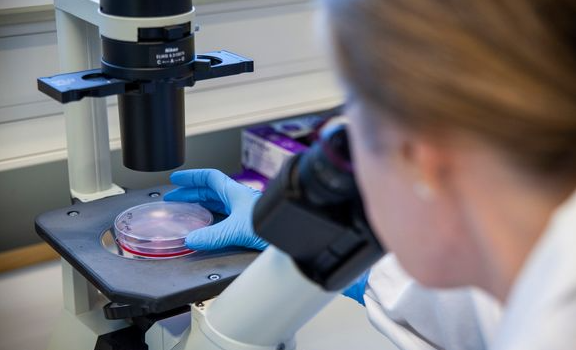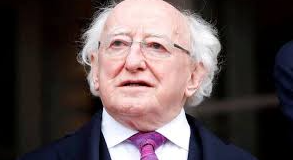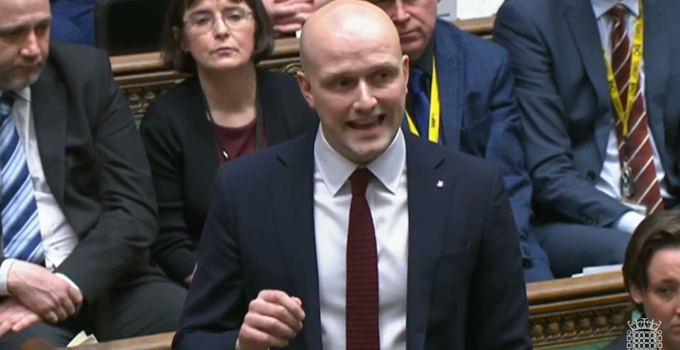
Report highlights dire humanitarian crisis and calls for streamlined access to essential aid
A famine in Gaza is deemed unavoidable under the current restrictive conditions for aid, according to a stark warning issued by the Commons International Development Committee. The committee’s report emphasises the severity of the ongoing humanitarian crisis, cautioning that it will worsen without a sustained ceasefire.
MPs, drawing on evidence from regional experts and an in-person visit, highlighted the extreme difficulty in delivering aid due to stringent border controls. Non-governmental organisations have criticised what they described as an “almost malicious bureaucracy” that results in aid trucks being turned away for containing items classified as having potential dual-use.
“Border restrictions currently in place will prevent famine from being averted,” the committee stressed, pointing to a severe lack of food and essential supplies reaching the Gaza population, thereby exacerbating desperation and opening opportunities for organised crime.
The report urges the UK Government to press Israel to open more border crossings, improve aid access procedures, and allow commercial goods alongside humanitarian supplies. A ceasefire of at least 30 days was deemed necessary for meaningful aid to reach those in need and to mitigate worsening conditions.
Committee chair Sarah Champion MP expressed profound concern over the overwhelming toll on women and children. She called for accountability for potential breaches of international humanitarian law, emphasising that “meeting people fleeing Gaza revealed only a glimpse of the vast human suffering occurring there.”
The report follows escalating casualties, with the Hamas-run health ministry reporting over 30,000 deaths in Gaza. Calls for a ceasefire have intensified, with UK officials advocating for a “humanitarian pause” to facilitate aid delivery, while diplomatic efforts for a sustained truce continue.

















